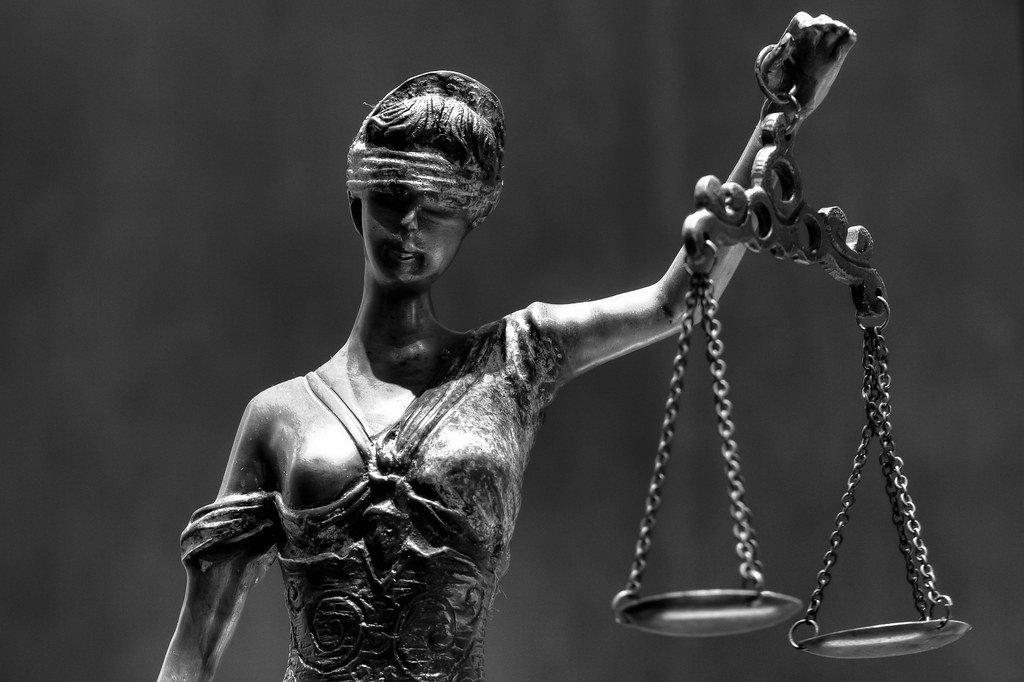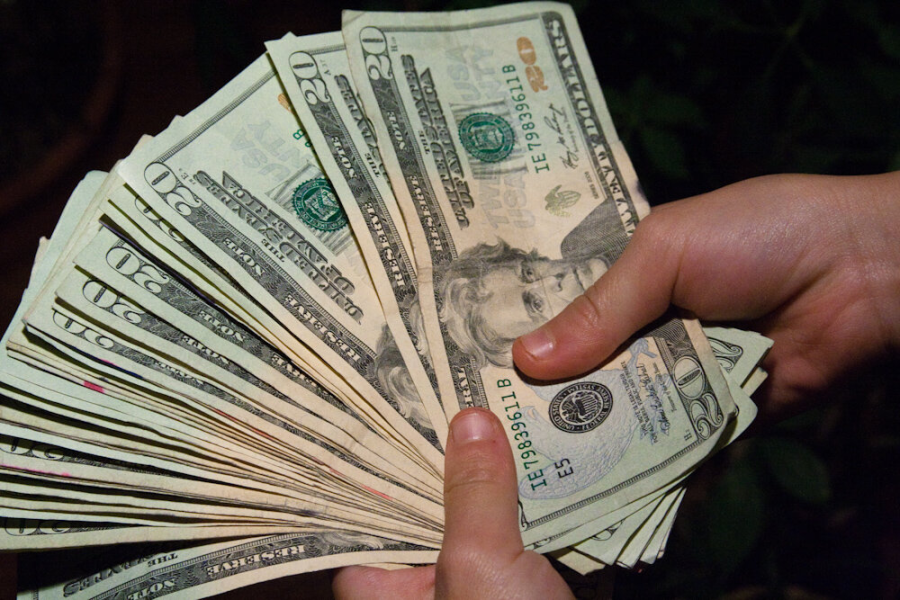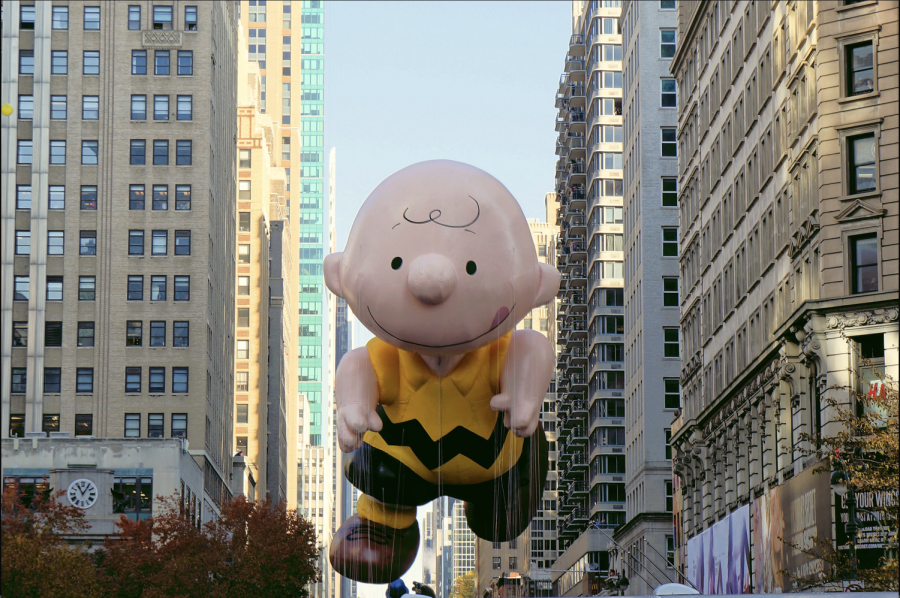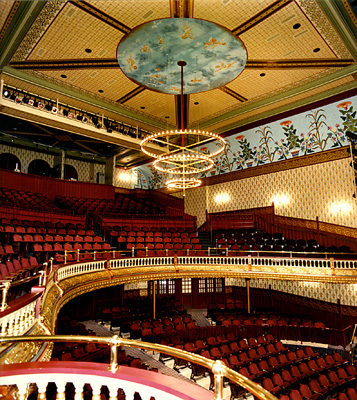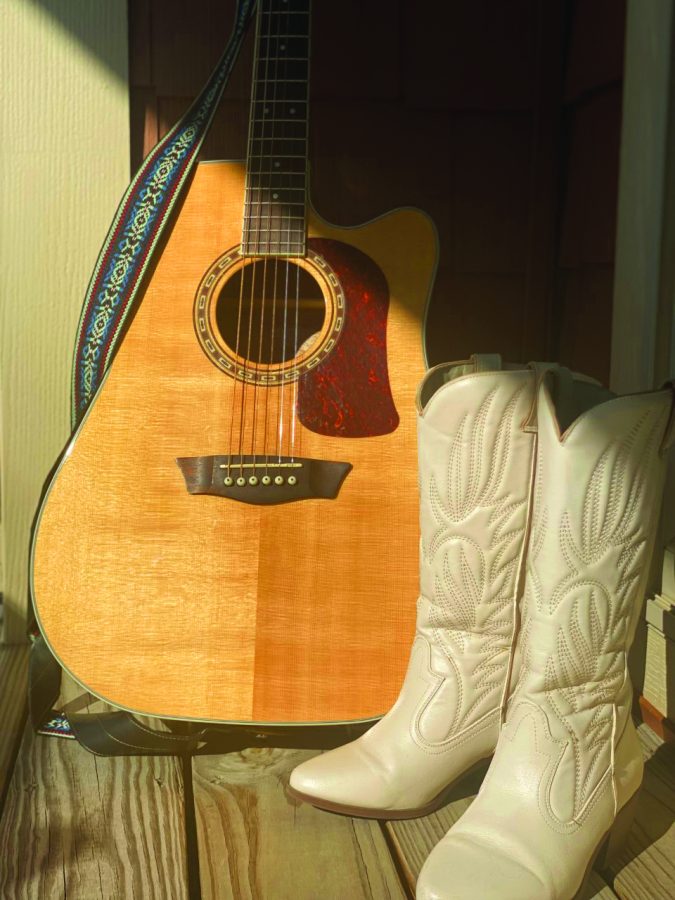 If you’ve glanced at the news recently or know anyone who is from the state of Illinois, then it is safe to assume you know the Cubs are playing in the World Series against the Cleveland Indians. It’s been 71 years since the original Chicago baseball team made an appearance in the World Series and 108 years since they’ve taken the title home.
If you’ve glanced at the news recently or know anyone who is from the state of Illinois, then it is safe to assume you know the Cubs are playing in the World Series against the Cleveland Indians. It’s been 71 years since the original Chicago baseball team made an appearance in the World Series and 108 years since they’ve taken the title home.
Most people have been focusing on the fact the Cubs have finally made it back to the series.
Another aspect of the series that has made the news, again, is the Native American mascot controversy. The Cleveland Indians, like many teams with Native American names and mascots, have been ridiculed for its insensitivity of the culture’s depiction.
Many Native Americans see this use of the title and culture as offensive and it has gone on for far too long.
Sundance, the executive director of the Cleveland American Indian Movement, has protested outside of Indians games for nearly 40 years.
He has said “For those of us who know our history, an Indian head means genocide,” referring to the mascot of the team, Slider. The head, though now no longer used as much since 2013, is Chief Wahoo.
This illustration, created in 1932, has been compared to caricatures of men using blackface to perform music back in the 19th century. This practice, called Minstrel Shows, made jokes at the expense of black people and portrayed them as unintelligent and overzealous.
The connections between the two are evident and Native Americans are furious this cartoon mascot, one that doesn’t represent Native Americans whatsoever, is still being used.
Now the issue has been addressed again, due to the team’s name being seen on a national scale daily. The MLB Commissioner, Rob Manfred, has decided to speak with the owner of the Cleveland Indians to discuss the mascot and team name after the completion of the World Series.
During a live interview, Manfred gave his opinion on the team’s name and image, “… you have a lot of fans that have history and are invested in the symbols of the Indians. I think after the World Series, at an appropriate point in time, [the owner of the Indians] and I have agreed we’ll have a conversation about what should happen with that particular logo going forward.”
It will be interesting to see if changes are made to the team that has held the title, the Cleveland Indians, for 101 years.
Other teams have had to part with their beloved mascot as well. The University of Illinois, that famously had Chief Illiniwek, was advised to remove the mascot when it had been deemed “hostile or abusive” by the NCAA in 2007.
Many other teams have found themselves in the same boat. Though it isn’t easy for fans to give up their beloved mascots, the blatant disregard for the feelings and opinions of those affected by these team names and mascots is cruel and inconsiderate.
In another news article in the DailyMail, Sundance further explained why this is upsetting for Native Americans.
“‘Wahoo is smiling,’” Sundance said in the article. “‘Which to me is a sign that he’s approving of everything that’s happening. But as a native person I don’t approve. What we’re talking about is the representation of the original people of this land by their colonizers.”
If what Sundance said before didn’t strike you, this definitely should. It may not even cross our minds when we see an Indian Chief logo, or another name for Native Americans, but this needs to change.
The history of Native Americans is one not often shared in its full and gruesome details. They were violently removed from their land and forced to find a different place to live.
In his piece titled “I am Not a Mascot” Philip J. Deloria highlights the obliviousness of fans who desire to keep the offensive caricatures and team names.
“The virulent response to Indian protests against Indian mascots demonstrates the deep emotional investment many Americans have made both in their imaging of Indian people as ahistorical symbols and in their sports affiliation,” Deloria said.
Deloria is essentially arguing that people are so stuck in their mindset they often have a hostile response to those who are protesting for Native American mascots. That association between this image of “Indians” and their culture has been taught for so long it has been engrained in the minds of America.
The use of these mascots and images which are supposed to represent warriors of the land, are a misrepresentation. They are offensive to Native Americans who know their history too well and the unjust cruelty that occurred against them.
The use of these mascots and team names have been topics for change for decades and though many teams have seen the problem and taken initiative to change, many big names still have not. Maybe next time you watch the Blackhawks, the Redskins or the Indians play you’ll consider the name and its affiliation rather than their stats and lead scorers.



